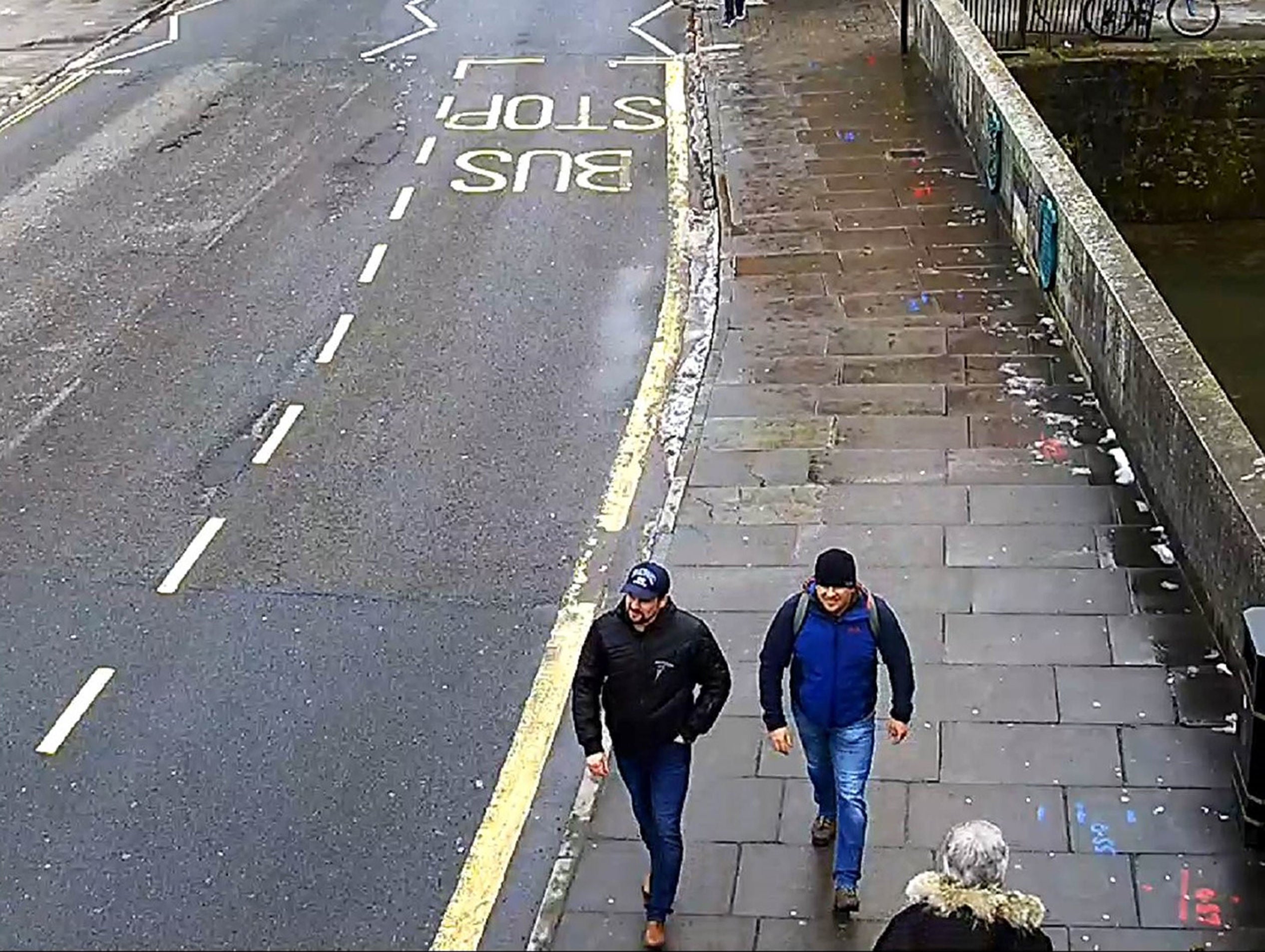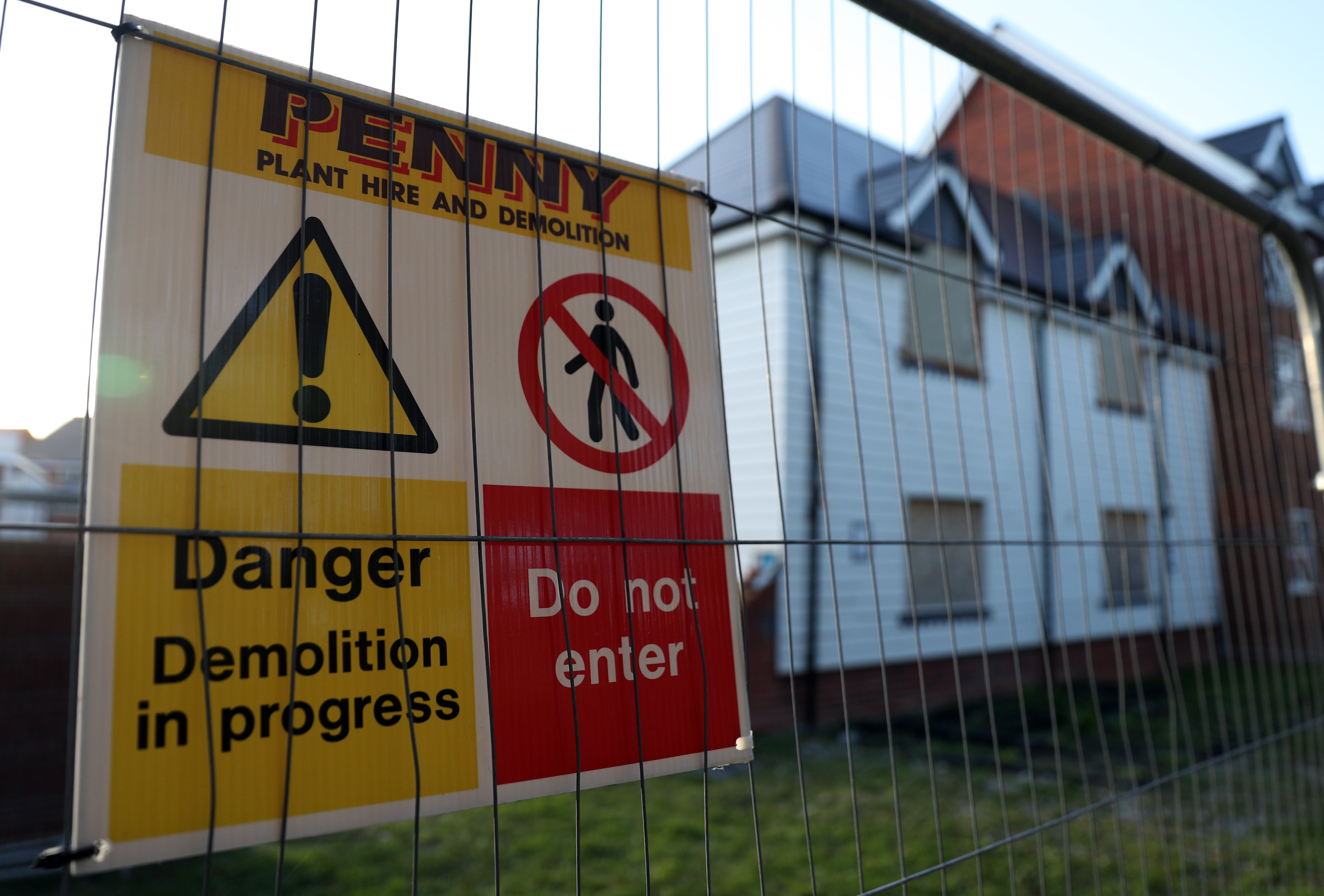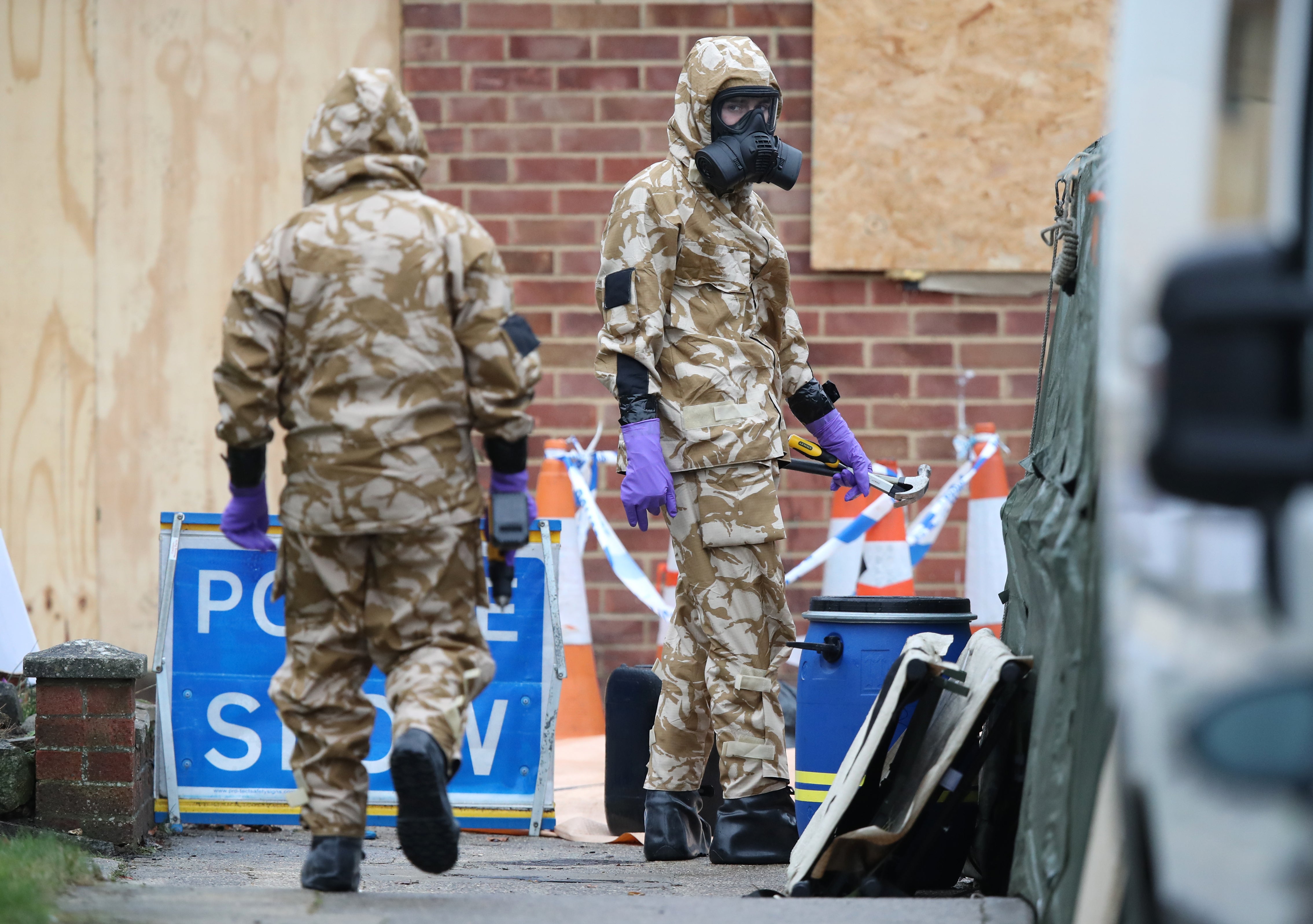
The family of a British mother-of-three killed in suspected Russian state-sponsored poisoning said their “patience has worn extremely thin” after being told of further delays in the inquiry into her death.
Dawn Sturgess’s family said the lengthy wait for “the truth” about her death risked further compromise to public protection, as they marked the four-year anniversary of her death after she was exposed to nerve agent Novichok in a discarded perfume bottle in Amesbury, Wiltshire.
Metropolitan Police identified three suspects wanted in connection with the poisonings: Denis Sergeev, Alexander Mishkin and Anatoliy Chepiga, who used the aliases Sergey Fedotov, Alexander Petrov and Ruslan Boshirov respectively while in the UK.

The latest pre-inquiry review, held at the Royal Courts of Justice on Friday, revealed continued delays in evidence being security cleared, casting significant doubt over the inquiry starting early next year, as planned.
Michael Mansfield QC, for Ms Sturgess’s family, said: “The family have exercised understanding and patience.
“However, that patience has worn extremely thin because of the time lapse already alluded to, namely this is the fourth anniversary (of Ms Strugess’s death, on July 8 2018).
“If this inquiry is going to satisfy the objectives – the search for truth as well as the protection of the public in the future – any more lapse of time will compromise those objectives.”
He said there was “no hope” for the substantial hearings to begin in early 2023.
“The public are owed a little bit of hope,” he said.

Lawyers for the Government and police said “special sensitivities” around the case – not least the identity of the suspects, and the geopolitical landscape – presented “significant challenges” to evidence being provided.
Andrew O’Connor QC, counsel to the inquiry, said: “When we say these are exceptional difficulties and we are working as hard as we can to get around them, that is not a platitude – it represents hard work on all sides.”
Technical difficulties meant members of Ms Sturgess’s family, the public and press, who were attending by videolink, were unable to hear inquiry chairman Lord Hughes at various stages during the open session.
A further “closed” session was due to be held later on Friday to deal with confidential information, away from the press and public.
Several people involved in the investigation are expected to seek anonymity due to the risk of creating a “target list” for terrorists, the hearing was told.
Ms Sturgess’s death followed the attempted murder of former Russian spy Sergei Skripal, his daughter Yulia and ex-police officer Nick Bailey.

They were poisoned in nearby Salisbury in March that year when members of a Russian military intelligence squad are believed to have smeared the nerve agent on Mr Skripal’s door handle in Salisbury.
All three survived, as did Ms Sturgess’s boyfriend Charlie Rowley, who found the discarded perfume bottle containing the Novichok and gave it to Ms Sturgess.
Two suspects, Petrov and Boshirov, subsequently gave an interview with Russian state media in which they said they were only in the UK, briefly, to visit Salisbury Cathedral.
Charges have been authorised against all three suspects.
Police believe they are in Russia, but there is little chance of them being brought to the UK to face justice because there is no extradition treaty between the two nations.







